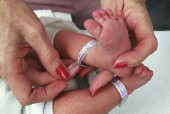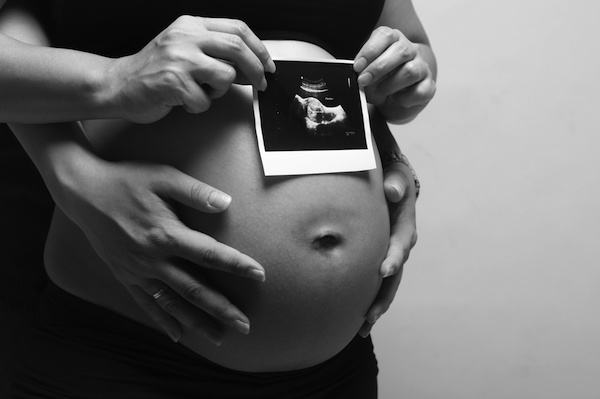
THURSDAY, April 22 (HealthDay News) — Survival rates of very preterm babies in England have not improved over the past 15 years despite an increase in how long they receive active treatment, a new study shows.
Researchers analyzed the cases of 229 babies born after 22 or 23 weeks of pregnancy, which is considered to be at the “margins of viability,” according to the study authors. The babies were born in northern England between 1993 and 2007.
Of the 210 babies who died, 34 percent lived for more than six hours. The average survival of babies who died despite receiving active treatment gradually increased from 11 hours between 1993 and 1997, to 20 hours from 1998 to 2002, and 3.7 days from 2003 to 2007.
Over the years, doctors have become more likely to provide active treatment and to do so for longer periods of time. But survival rates haven’t changed, said the researchers. They noted that the 19 babies in the study who survived included six born between 1993 and 1997, six between 1997 and 2002, and seven between 2003 and 2007.
The study was published online April 22 in the Fetal & Neonatal Edition of Archives of Disease in Childhood.
Survival rates for babies born at 24 weeks and above have increased, which may be why those born at less than 24 weeks are increasingly being actively treated, said the researchers. They added that decisions about providing active treatment for babies born under 24 weeks are “extremely contentious,” and parents often demand treatment.
“Our local [anecdotal] experience is that most parents request an active approach immediately after delivery at 23 weeks gestation, despite counseling from experienced clinicians using nationally consistent survival data,” study leader Dr. Nicholas Embleton, of the Newcastle Neonatal Service, Royal Victoria Infirmary, Newcastle upon Tyne, wrote in a news release from the journal publisher.
More information
The March of Dimes has more about premature birth.

